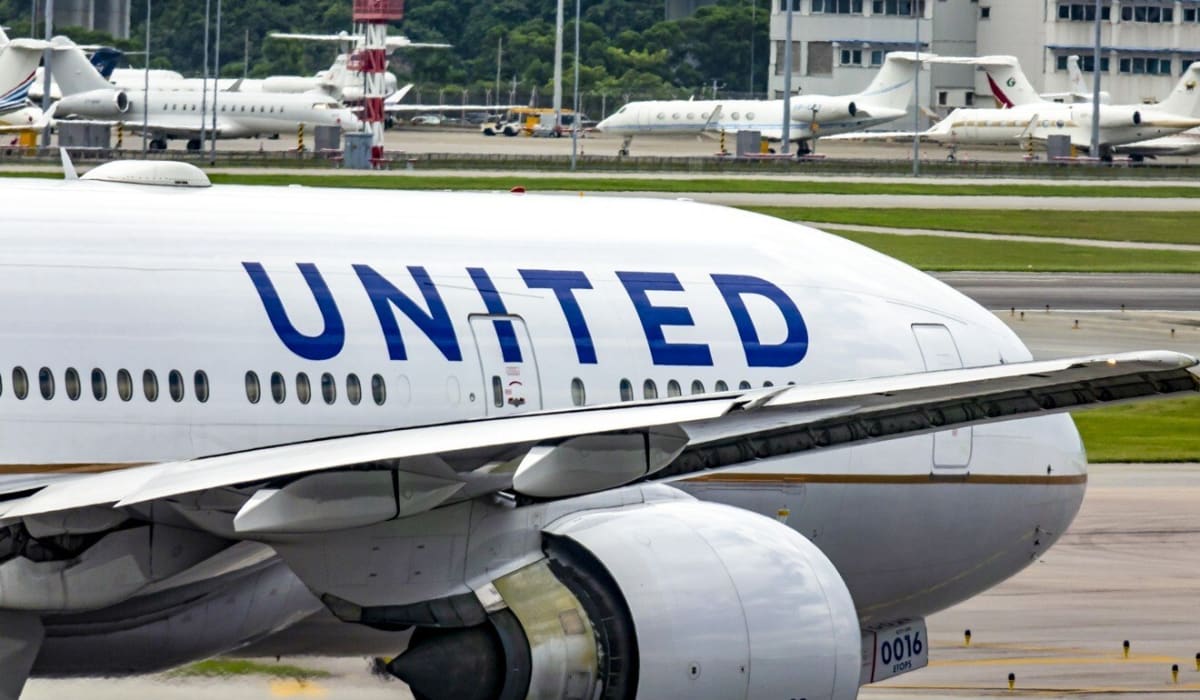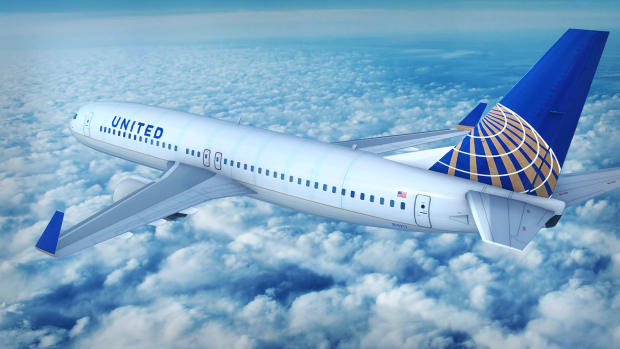
United Airlines has been aggressively expanding its reach. But not everyone is happy about that.
The airline recently ordered 100 Boeing 787 Dreamliner aircrafts, which it has deemed the "largest wide body order by a U.S. carrier in commercial aviation history.”
The Boeing order is set to include a mix of 787-8, -9, and -10 variants, and United Airlines (UAL) will choose between the three options as each unit goes into production. United also has the option to purchase an additional 100 wide body planes.
These purchases are set to replace United’s aging 767 models, which are expected to be retired by the end of the decade, as well as some 777 widebodies. The deliveries will take place from 2024 through 2032.
United Calls Itself The 'De Facto Flag Carrier'
Following this purchase, United seems to be feeling itself. The airline is rolling out a new tagline in which the company is now touting itself as the largest transoceanic carrier among U.S. airlines, as noted by Travel Weekly.
"As we're coming out of the pandemic, we have become the de facto flag carrier in the United States," CEO Scott Kirby said during a Dec. 13 signing ceremony at Boeing's production facility in Charleston, S.C.
The term flag carrier has historically referred to an airline that is or has been owned by the government or one that receives preferential treatment from the government. That’s not the case here, but language is fluid (especially in the social media era) and words adopt new meanings all the time.
Technically, America no longer has a flag carrier, but for much of its existence, the title was held by Pan Am until it went out of business in 1991. The U.S. hasn't had an official airline since the industry was deregulated by President Carter in 1978, when he signed the Airline Deregulation Act into law, phasing out the Civil Aeronautics Board, which heavily controlled which airlines could fly which routes.
Now, there's not an airline that officially receives preferential treatment from the United States government. (And recently, the Department of Justice has been seeking to break up the alliance between JetBlue and American Airlines, in order to foster more competition.)
So in this instance, it seems that United's CEO is using "flag carrier" as a synonym for "biggest."
The recent Boeing order does reinforce United's strategy to position itself, post-pandemic, as the biggest long-haul flier in the United States. The 787 order is the largest Boeing has ever undertaken and will expand United’s future international growth ambitions.
United currently has more than 1.75 million seats scheduled to Asia, Australia, and New Zealand in the first half of 2023; by comparison, Delta (DAL) has 719,000 scheduled and American Airlines (AAL) has 403,000, Cirium data shows.

Shutterstock
Wall Street Has Concerns
United seems intent on growing its fleet aggressively, but Wall Street seems a bit concerned by the move and its attendant costs.
United’s stock dropped approximately 7% on December 13. United is expected to spend $20 billion over the course of 2023 and 2024 as it takes delivery of an anticipated 279 planes, and that’s before factoring in the recent 787 order.







